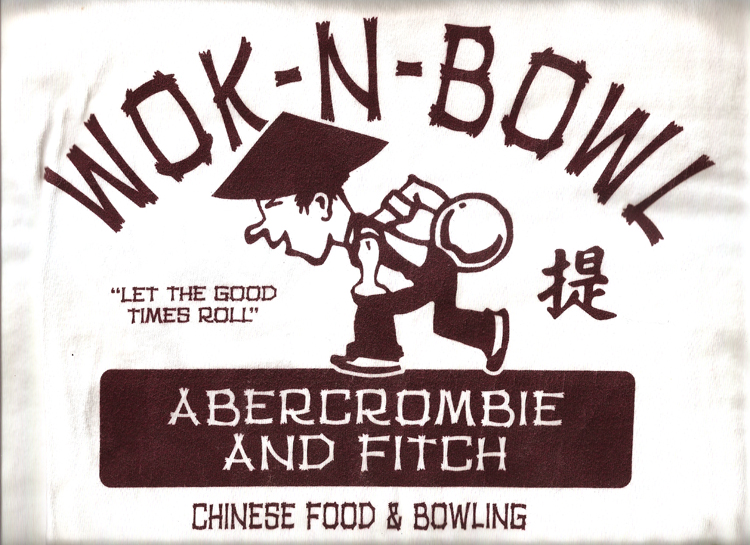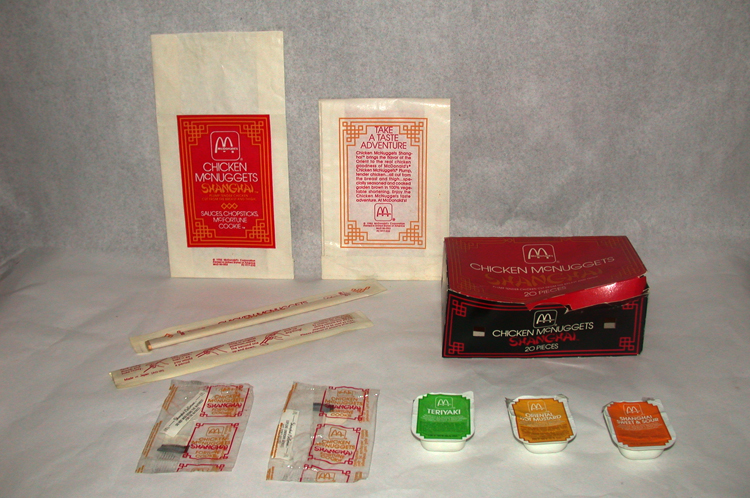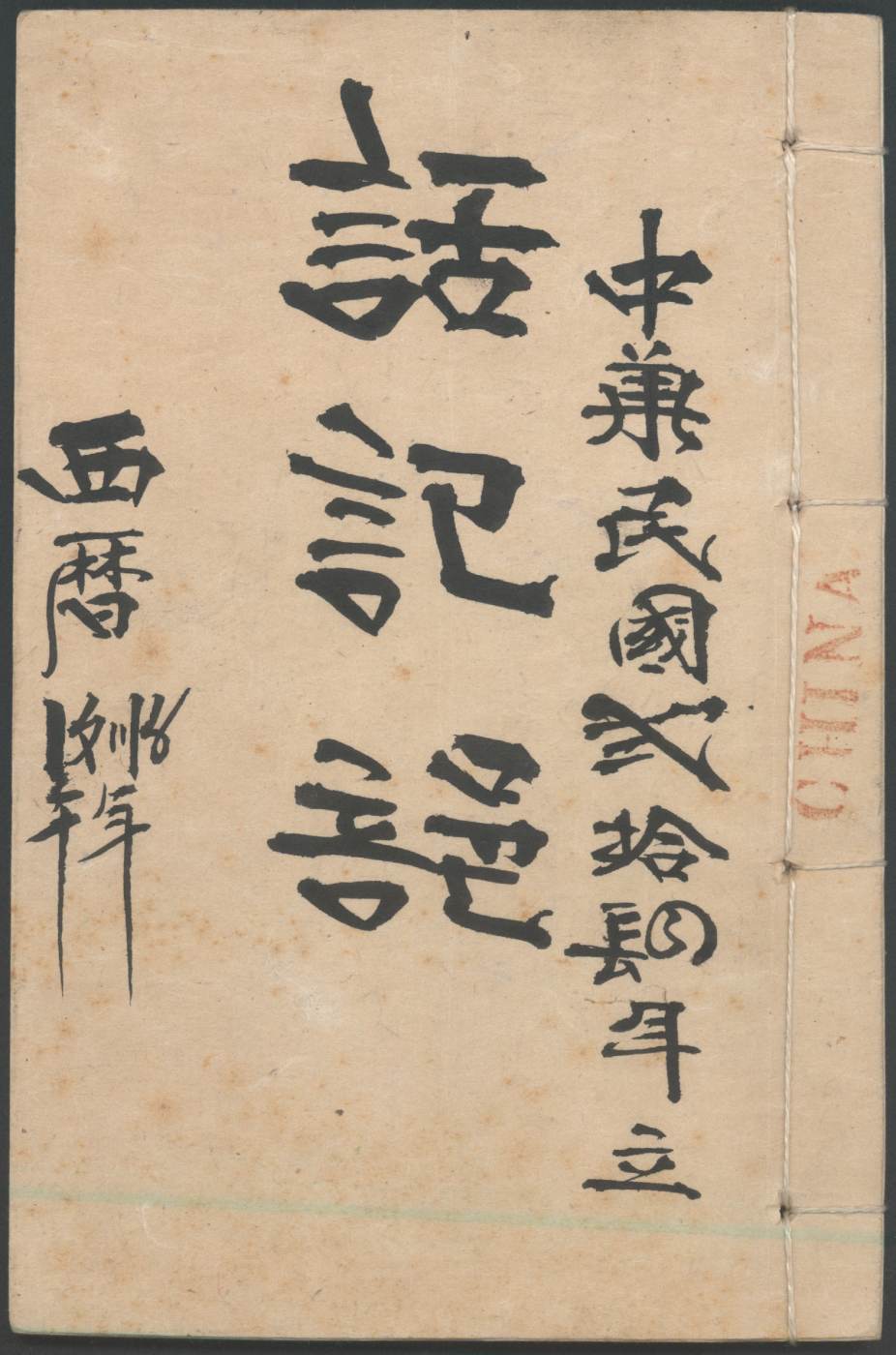In 2002, Abercrombie & Fitch began producing new line of t-shirts featuring Asian American caricatures. ‘Wok-N-Bowl’ depicts a stereotypical image of a Chinese American restaurant workers wearing a rice hat. In making fun of the Chinese American restaurant worker, the image fails to take into account how this stereotype was born. With the Chinese Exclusion Act of 1882, Chinese laborers were barred from immigrating or obtaining citizenship for a decade. This act was a result of many American laborers feeling threatened by Chinese laborers who worked for a lower wage. Only special businesses were allowed to bring in employees from China through the use of a merchant visa. In 1915, restaurants were among the few businesses added to this list. Between 1910 and 1920 the number of Chinese restaurants in New York City alone nearly quadrupled. The image of the Chinese American restaurant worker was therefore born out of exclusionary actions taken by the US and a community left with very few other job options.
This shirt is an important part of MOCA’s collections as it causes one to reflect on the history of the image. Where do these stereotypes come from? Why are they still prevalent? Without asking these questions or confronting them, they will continue to exist. The Asian American community confronted this offensive image through collective public protest back in 2002, causing this shirt and two others to be pulled by Abercrombie & Fitch.


